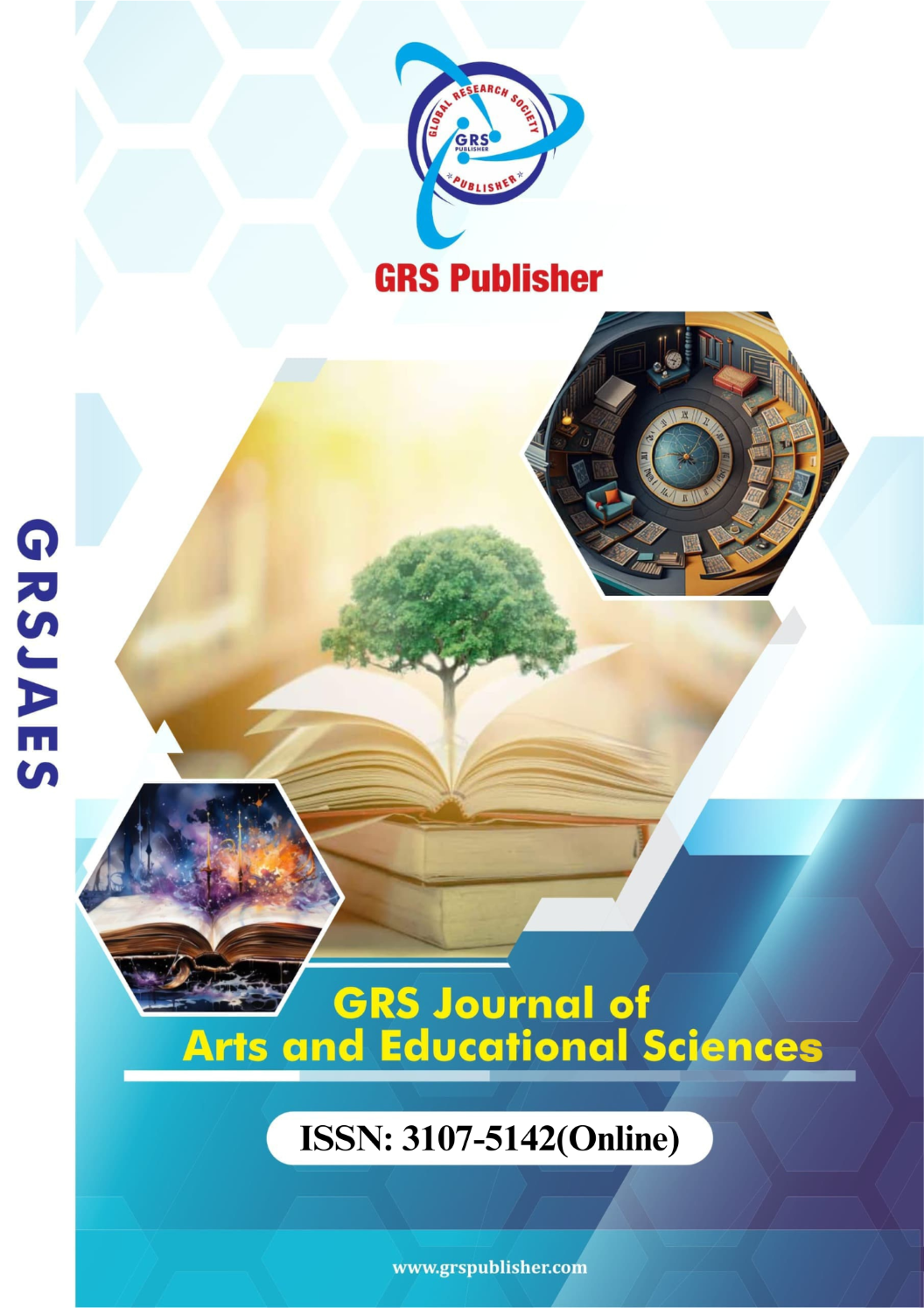The Role of Cultural Diplomacy and Friendship Associations in International Relations
Sr No:
6
Page No:
34-43
Language:
English
Licence:
CC BY-NC 4.0
Authors:
Prof, Dr. Mohammad Ekram YAWAR* & Dr. Mehmet Uçkaç, PhD,
Published Date:
2025-08-14
Abstract:
The role of non-governmental organizations is currently considered to be the manifestation of the formal and organized presence of the people of a country in foreign relations and the interaction process of the world community; therefore, friendship associations are considered one of the influential players in the field of public diplomacy.
The developments of recent decades in the international arena indicate that the role of friendship associations, public institutions, and informal organizations in global dynamics is expanding, and in parallel, the role of states in this relationship is decreasing.
Since associations play a role in two key areas, namely relations between nations and the international environment, their scope of activity and activism is very broad and widely recognized.
Today, relying solely on classical methods is in no way sufficient to meet the needs of modern diplomacy.
The increasing ability to access vast amounts of information and the speed of its transmission to audiences in the far corners of the world has challenged the management of foreign policy by states.
Traditional hierarchical models, in the shadow of communication technology, have inadvertently given way to complex networks without central control, and diplomacy can now be interpreted as an interwoven mechanism of government, media, and public opinion.
On the other hand, there is no doubt that the era of domination and the hegemony of hard power has passed, and in the modern and post-modern world, what determines the direction and process of affairs in relations between states and especially nations more than any other factor is the power of thought, dialogue, the pen, mutual understanding, and human relations.
Achieving political, security, and economic goals has always been one of the most important aims of countries in formulating and implementing their foreign policies. To achieve these goals, countries have traditionally pursued a type of diplomacy based on political, military, and economic approaches and tools; however, in the early years of the third millennium, relatively new approaches to diplomacy have been proposed that recommend greater attention and emphasis on cultural approaches and tools for foreign policymakers and planners.
This article aims to explain cultural diplomacy, the role of friendship associations in international relations, the impact of cultural factors on diplomacy, and how to effectively use “soft power” to advance countries’ diplomacy.
Keywords:
Cultural Diplomacy, Friendship Associations, International Relations
Journal: GRS Journal of Arts and Educational Sciences
ISSN(Online): 3107-5142
Publisher: GRS Publisher
Frequency:
Monthly
Language:
English

